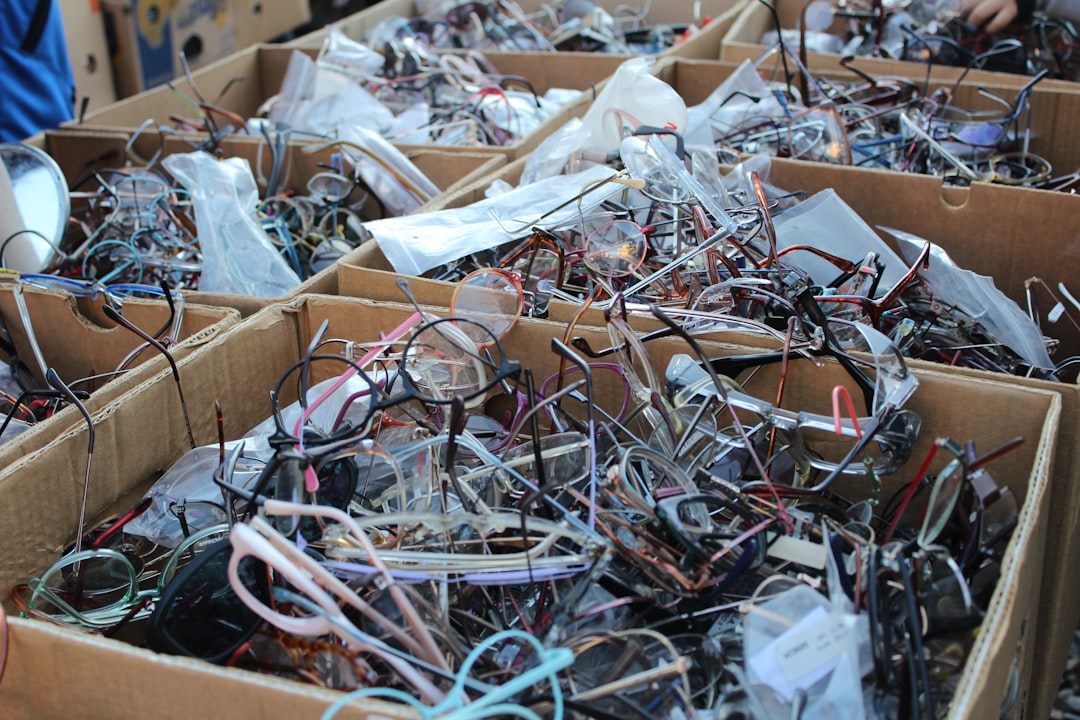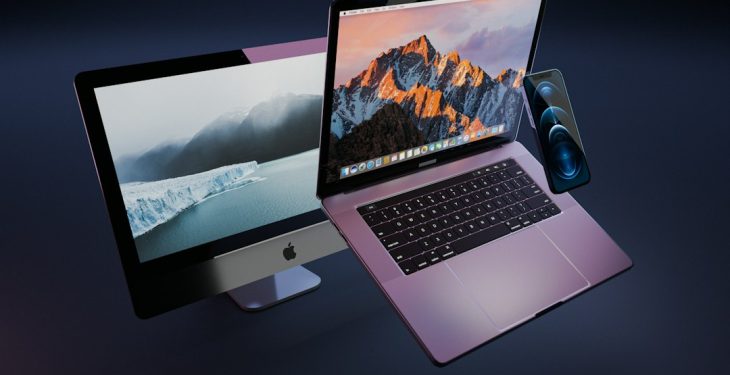In an era where technology evolves at breakneck speed, individuals and organizations are constantly updating their computer systems to keep up with new capabilities, improved efficiencies, and overall performance. But what happens to the older systems? That’s where the concept of Computer Exchange comes into play. Whether for environmental reasons, cost-saving purposes, or simply to acquire newer technology, computer exchange programs present a practical solution for many.
TL;DR (Too Long; Didn’t Read)
Computer Exchange refers to the process of trading in old or unused computer equipment in return for credit, newer components, or refurbished systems. These exchanges serve individuals, businesses, schools, and governments seeking affordable ways to upgrade technology. The practice is not only cost-effective but also environmentally responsible. As a result, it’s becoming an increasingly popular way to manage IT resources.
What Is Computer Exchange?
Computer Exchange is a service or platform that allows users to swap, trade-in, purchase, or sell computer hardware, including desktops, laptops, monitors, and peripherals. The concept is often facilitated by specific businesses specializing in refurbishing and reselling used technology. It’s also common for major electronics retailers and manufacturers to have trade-in programs that reward users for returning older devices.
The primary goals of computer exchange programs include:
- Upgrading: Allowing users to move to newer models at lower costs.
- Recycling: Promoting proper disposal of electronic waste.
- Affordability: Offering cost-effective computing options through refurbished equipment.
- Reducing E-waste: Minimizing landfill contributions by extending the life of electronics.
How Does It Work?
Computer exchange services function in multiple ways depending on the provider and the model of exchange. Some common methods include:
- Trade-In for Store Credit: The user submits their old computer to a store or exchange service and receives a credit amount based on the device’s condition and market value.
- Direct Swap: In specific cases, particularly among enthusiasts or tech marketplaces, users might agree to an even swap between devices.
- Buy-Back Programs: These are run by retailers or manufacturers who buy the device back and often refurbish it for resale.
- Online Platforms: Some websites serve as dedicated hubs for second-hand computer buying and selling, linking individuals looking to exchange or purchase devices.

Benefits of Computer Exchange
The appeal of computer exchange lies in its extensive benefits. Here are some of the most significant advantages:
- Cost Savings: Users can slash upgrade costs significantly by trading in their old equipment.
- Environmental Stewardship: Recycling electronics minimizes the harmful impact on the environment.
- Access to Quality Tech: Refurbished computers undergo testing and maintenance, making them reliable and often as good as new.
- Resource Efficiency: It ensures that functional components are repurposed rather than discarded.
- Secure Data Removal: Reputable exchangers often handle secure wiping of data, offering peace of mind against data breaches.
Who Uses Computer Exchange Services?
Computer exchange is not just for tech-savvy enthusiasts. A wide range of users leverage these services, including:
- Students seeking affordable laptops or tablets for academic use.
- Small Businesses trying to minimize IT expenditure while upgrading their infrastructure.
- Environmental Advocates looking to reduce their tech footprint.
- Government Agencies with large-scale tech turn-over cycles.
- Educational Institutions upgrading labs with refurbished, cost-effective options.
Common Items Exchanged
Most computer exchange services accept a wide variety of devices. The most commonly traded items include:
- Laptops and Notebooks
- Desktop Towers
- Monitors
- Graphics Cards
- Hard Drives and SSDs
- Keyboards, Mice, and Accessories
Tips for a Smooth Computer Exchange Experience
To get the best out of a computer exchange, consider the following tips:
- Backup Your Data: Always backup personal data before handing in a device.
- Reset the Device: Do a factory reset when applicable to clear personal files.
- Check for Qualifying Devices: Make sure your device falls within the accepted categories of the program.
- Research the Value: Use online tools or previous listings to estimate the worth of your device.
- Use Trusted Services: Partner with reliable exchange platforms or certified refurbishers.

Challenges to Consider
Despite its many benefits, there are a few challenges that users should be aware of:
- Depreciating Value: Technology loses value rapidly, especially with new generations released frequently.
- Condition Requirements: Many programs accept only working devices or impose deductions for cosmetic wear.
- Limited Availability: Some services may only be available in specific regions or cater to specific brands.
Where Can You Exchange Computers?
There are numerous options when it comes to performing a computer exchange. Some of the most popular include:
- Retail Giants: Companies like Best Buy, Apple, and Dell offer trade-in programs, both in-store and online.
- Specialized Refurbishers: Local or national refurbishing companies buy and renew old systems for resale.
- Online Marketplaces: Websites like Gazelle, eBay, and even Facebook Marketplace support peer-to-peer computer exchanges.
- Nonprofit and Donation Centers: Donating your older computers to charities or educational institutions also constitutes a form of exchange, often with tax benefits.
FAQ: Frequently Asked Questions
-
Q: Is computer exchange safe?
A: Yes, if you use reputable services that guarantee data erasure and safety protocols. Always ensure personal data is removed beforehand. -
Q: Are refurbished computers reliable?
A: Absolutely. Refurbished computers typically undergo extensive testing and quality checks before resale. -
Q: How much can I get for my old computer?
A: The trade-in value depends on the model, condition, and market demand. Values range from a few dollars to several hundred. -
Q: What happens if my device is too old or broken?
A: Many exchange services still accept non-working devices for recycling purposes, though you may not receive compensation. -
Q: Is exchanging better than selling privately?
A: It depends. Exchanges offer convenience and safety, while private sales may yield higher returns but carry more risk.
In summary, Computer Exchange provides an affordable, sustainable, and accessible option for upgrading technology. As awareness grows around tech waste and sustainability, this practice is expected to become even more integral to how individuals and institutions manage computing resources.
